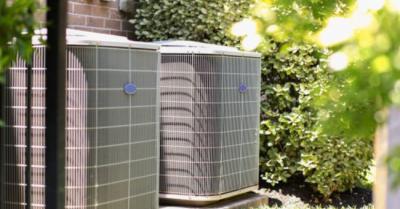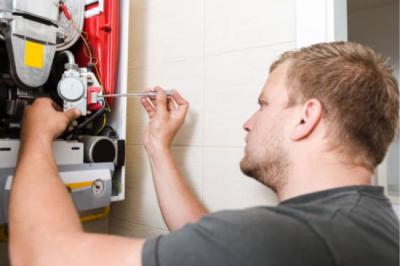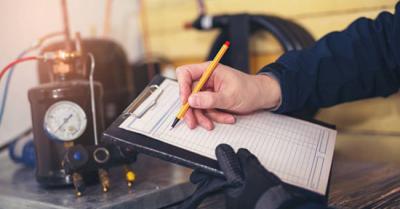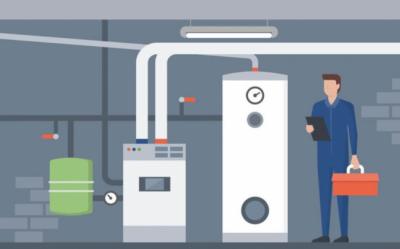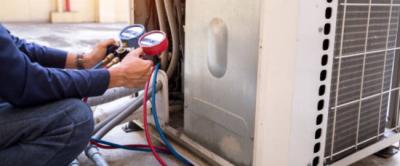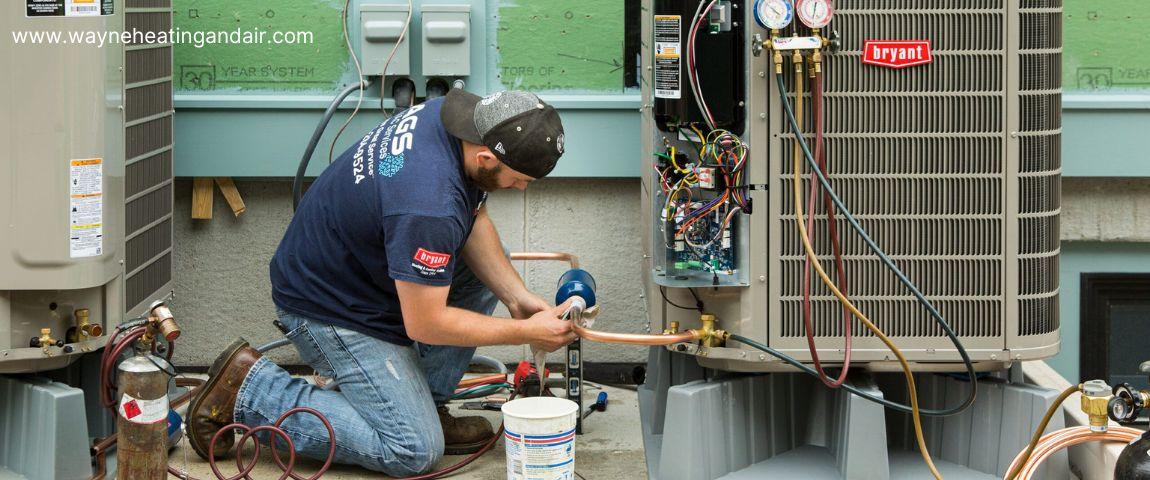
Filter Health and the Difference in Cheap vs Expensive Air Filters
Indoor air quality plays a crucial role in maintaining a healthy home environment, and one of the most overlooked aspects of HVAC maintenance is the air filter. Choosing the right air filter impacts energy efficiency, system longevity, and air quality. Understanding the difference between cheap and expensive air filters can help homeowners make informed decisions to improve their HVAC performance and indoor air health.
What Air Filters Do for Your HVAC System
Air filters trap dust, allergens, pet dander, and other airborne particles before they circulate throughout your home. Over time, these filters become clogged with debris, reducing airflow and forcing your HVAC system to work harder. A clogged filter can lead to higher energy costs and reduced efficiency, making regular filter replacements essential for maintaining system performance.
Cheap vs. Expensive Air Filters
Basic fiberglass filters are the most affordable option, typically costing only a few dollars per filter. However, they only capture larger particles, allowing smaller pollutants such as allergens and bacteria to pass through. These filters need frequent replacement, often every 30 days, to prevent excessive strain on the HVAC system.
More expensive pleated and HEPA filters, while costing more upfront, provide significantly better air filtration. These filters can trap smaller particles, including pollen, mold spores, and bacteria, improving overall air quality. Higher-end filters often last longer, reducing the frequency of replacements and improving energy efficiency by maintaining better airflow.
The Impact of Poor Air Filtration
Using low-quality air filters can have several negative consequences, including reduced HVAC efficiency, increased energy bills, and a higher risk of system breakdowns. Poor air filtration can also contribute to respiratory issues, especially for individuals with allergies or asthma. Investing in high-quality filters ensures better long-term performance and improved indoor air quality.
Choosing the Right Filter for Your Home
Selecting the best air filter depends on your household’s needs. Homes with pets, allergies, or respiratory sensitivities benefit from higher-rated filters, such as HEPA or electrostatic options. While premium filters come at a higher cost, they provide superior protection and efficiency, ultimately saving money by extending the life of your HVAC system and reducing maintenance costs.
Living in the Blue Ridge area, I called Wayne’s and they promptly sent out a service technician. He quickly assessed the problem and fixed the HVAC within 15 minutes. I would highly recommend them for any future work. The pricing was also very reasonable.
- Karl Windischmann
